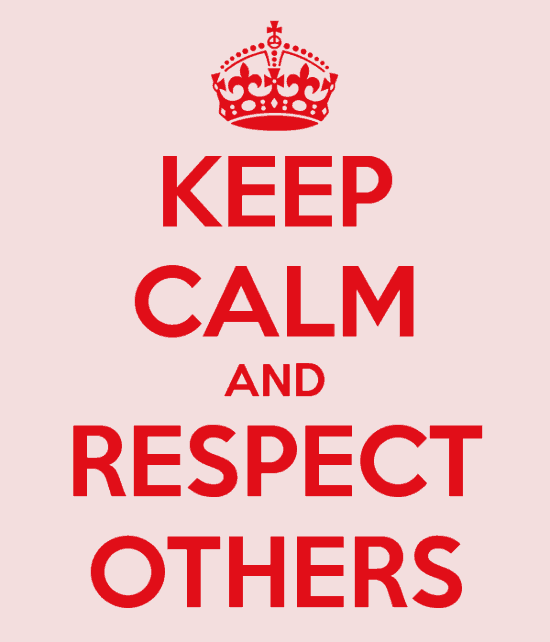
Multiculturalism and unlimited opportunity are just two examples of values that are largely important and prevalent within our country’s society today. Diversity and inclusion are hot topics that are often discussed not only within the area of human resources, but across all functions and all levels of organizations. As a requirement from the Alberta Human Rights Commission, “employers are responsible for:
- ensuring no discrimination in the workplace
- building an inclusive workplace by removing barriers that are based on protected grounds
- considering requests for accommodation for needs based on a protected ground”
Although respect may seem obvious to you in that it is required and deserved in all situations whether that be professionally or personally, it doesn’t always happen that way. At the policy level, organizations have had to take progressive steps to keep up with our country’s strong values and legislated policies to ensure that they are adopted into their own internal cultures and become a part of their organization’s identity. Organizations can no longer get away with a singular harassment policy and consider themselves a healthy and in touch workplace. Respect in the Workplace policies are all inclusive processes and policies covering guidelines and expected behaviour related to all areas of respect and appropriateness in the workplace including bullying and discrimination, as well as the traditional (but much more evolved) harassment policy.
Once you have the policies completed and customized to fit your unique organizational culture, next comes training for your staff. Simply having the employees read the policies when they are first hired or sign a yearly acknowledgement is not enough. Training is deeply important because this is where you can truly impact your workplace culture. In order to foster and maintain a culture of acceptance, respect and diversity, employee buy in is required. Through training, employees can learn about why it is important to their organization and examples of how to live it on a daily basis while they are at work. Training helps bring acceptance and individualism to the top of your employees’ minds. When it is top of mind, it will have a much deeper impact on employee behaviour on a daily basis. Additionally, when employees are holding their colleagues accountable for what they do and say, you can expect workplace respect issues of bullying, discrimination and harassment to be minimized.
Something I often speak with my clients about is their organization’s employer value proposition. Organizations are keen to develop inexpensive competitive advantages and leverage unique company characteristics to put them ahead of their competitors and make them an employer of choice. Outside of professional growth and opportunity, people today are seeking an employer where their contributions are valued and they are respected as professionals and as an individual. Your employees want to be able to go to work and feel safe, as well as to be accepted for who they are. An employer that goes the distance to create policies and provide training that embraces employee diversity, and then backs it up with building acceptance, tolerance and individuality into their culture, is going to be a place that people truly want to work. This will go a long way to help your organization build up its employment brand to the external community and also to become known as an employer of choice.
Outside of increases to your organization’s value proposition, your organization will also reap many other related advantages following the implementation of these values into organizational culture. Employees who feel safe, valued and included are going to be more engaged. They will be your organizational champions within the community, speaking about what a great place your organization is to work and how inclusive the culture is. Productivity will also be higher because happy employees are performing employees. Employees who are accepted at face level for who they are as people and professionals will want to work hard for an employer who makes them feel valued. Additionally, your employees will be more creative because where there is individualism and acceptance, there isn’t restrictions on brainstorming and creative freedom. Lastly, Respect in the Workplace breeds collaboration between staff and teamwork will become more prevalent throughout the organization.
As we move forward into 2017, respect in the workplace is increasing in importance and significance. Fully integrating values into your organizational culture can be a challenging task and requires that the company practice these values on an on-going basis and that they are discussed often. Not only is it required by law, the right to an inclusive workplace is something that everyone deserves. An employer that embraces the diversity of their staff and encourages creativity, acceptance and individuality is going to reap the benefits of a happy and engaged workforce.
Interested in strengthening your Respect in the Workplace policies or training? With consultants in Alberta and Ontario Salopek & Associates can work with your team to ensure you have the policies, processes and training in place to promote an inclusive work environment that encourages diversity and engages all members of your team.









